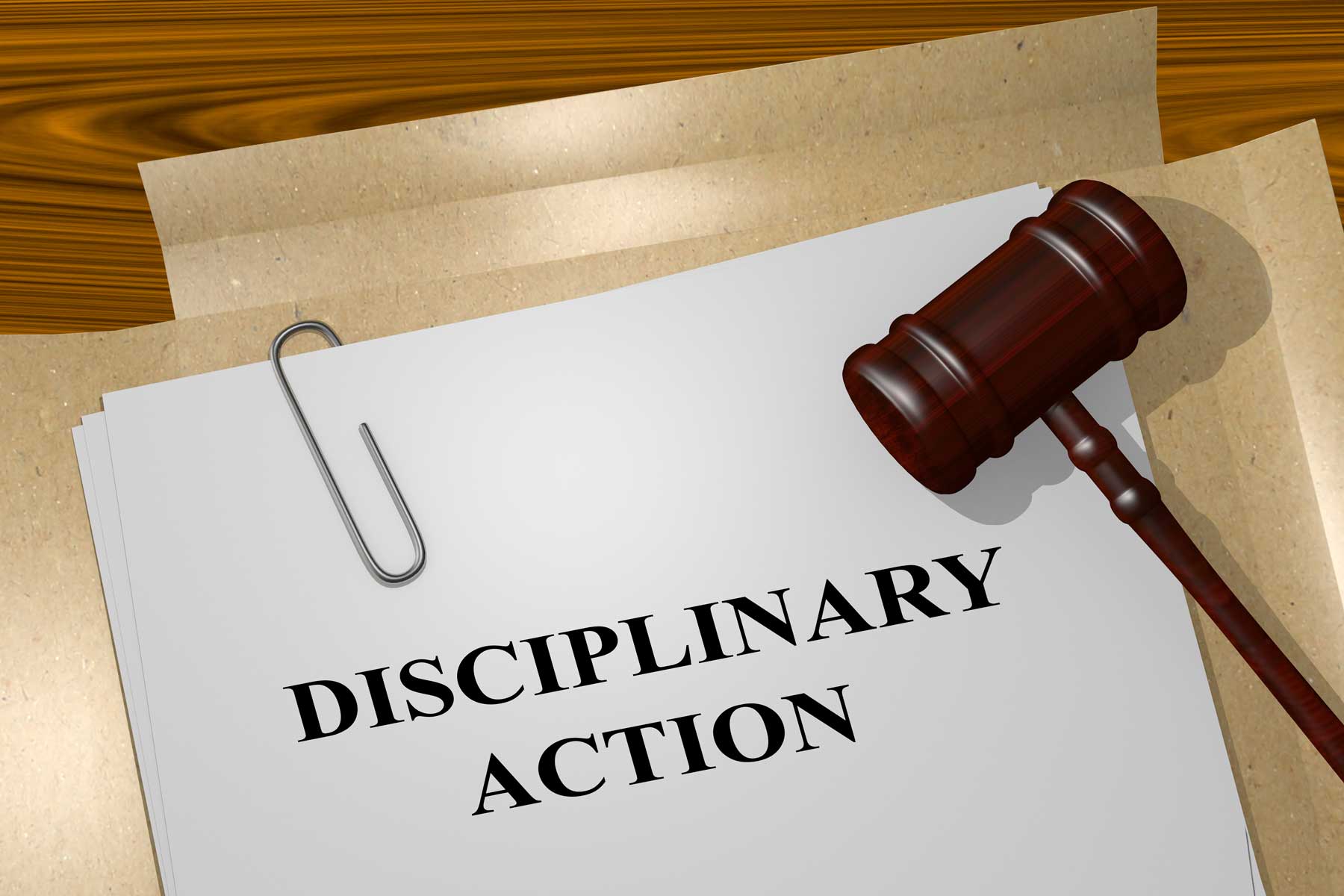Probably the worst part of running a business is having to deal with disciplinary issues and firing employees. It’s not only awkward and unpleasant; it’s a legal minefield of following policies and procedures.
However, sticking your head in the sand and pretending you can manage the situation and taking no action can be toxic to your business not to mention extremely costly.
There are several signs you’ve hired the wrong person for the job; it can range from poor performance and tardiness to a bad attitude and blaming others.
When enough is enough, it’s time to act, but where do you begin?
Your rights as an employer.
You must know your rights and those of your employee before you begin the strict disciplinary procedure. You should try to resolve the issue less formally if possible as this will be the most straightforward and efficient process. However, if the problems have moved beyond this, then you must begin to build a case based on one of two issues: Performance or Misconduct.
Performance relates to the capabilities of the employee.
Misconduct relates to unacceptable or improper behaviour.
Starting the disciplinary procedure
Step 1. If you’ve decided a more formal route is necessary, you must inform the employee right away. Put it in writing and include:
- The reason for the action taken
- The possible consequences of the action
Give your employee time to read the letter and prepare for the initial disciplinary meeting.
As an employer, you MUST follow a fair procedure to protect you and your employee. Acas has a comprehensive code of practice which you can follow. While it is not the law, it should be adhered to because if the case should go to a tribunal, the judge will take into consideration if the employer has followed the Acas code fairly. You can find the code of practice in full by following this link:
https://www.acas.org.uk/acas-code-of-practice-on-disciplinary-and-grievance-procedures
Step 2: Difficult conversations should be dealt with sensitively and kindly, despite your grievance.
Open lines of communication should be maintained wherever possible to avoid further issues from arising, especially where other members of staff may become involved or mental health issues may be prevalent.
Step 3: Ensure everything is documented and recorded during the conversations ideally by a third, impartial party who can verify matters if needed later or if the issue goes to a tribunal.
Step 4: Gather as much evidence as possible to support your case. Make sure that you are accessing information fairly and without coercion, especially if you need to ask the employees colleagues and managers to give their account. This evidence may be called upon later to back-up your claims so it must be truthful and accurate.
Step 5: Informing your employee of the date of their disciplinary hearing must be issued in writing. Give them enough time to prepare and inform them that they have the right to be accompanied by a suitable representative.
Step 6: The disciplinary hearing is a formal process whereby the employee and employee can put their case forward. Based on the evidence given from both parties and the optional third-party representative, as the employer, you must decide on the next steps of proceedings.
Depending on the evidence of the hearing, you will have several options available, including,
- No further action required
- A first or final written warning
- Demotion
- Dismissal
Dealing with the Outcome
Whatever the outcome, it is vital you follow the fair practice code provided and proceed very carefully considering each step on its own merit.
If a dismissal takes place, beware that there may be repercussions of an employment tribunal and dealing with the fallout of staff still working for you.
It’s essential to be open and honest where possible with your other employees to avoid further discontent and prevent any damage to morale. You must also consider the damage to your reputation from your customers and competitors.
Despite the consequences of a bad hire, it’s your responsibility to deal with the issue at hand. There is a lot of help and advice, which can guide you through the process and ensure you mitigate the risks of a bad situation becoming worse.
For expert advice from an experienced and professional team, call us at SFB Consulting to help you through the good, the bad and the ugly. Call 01279 874676.

